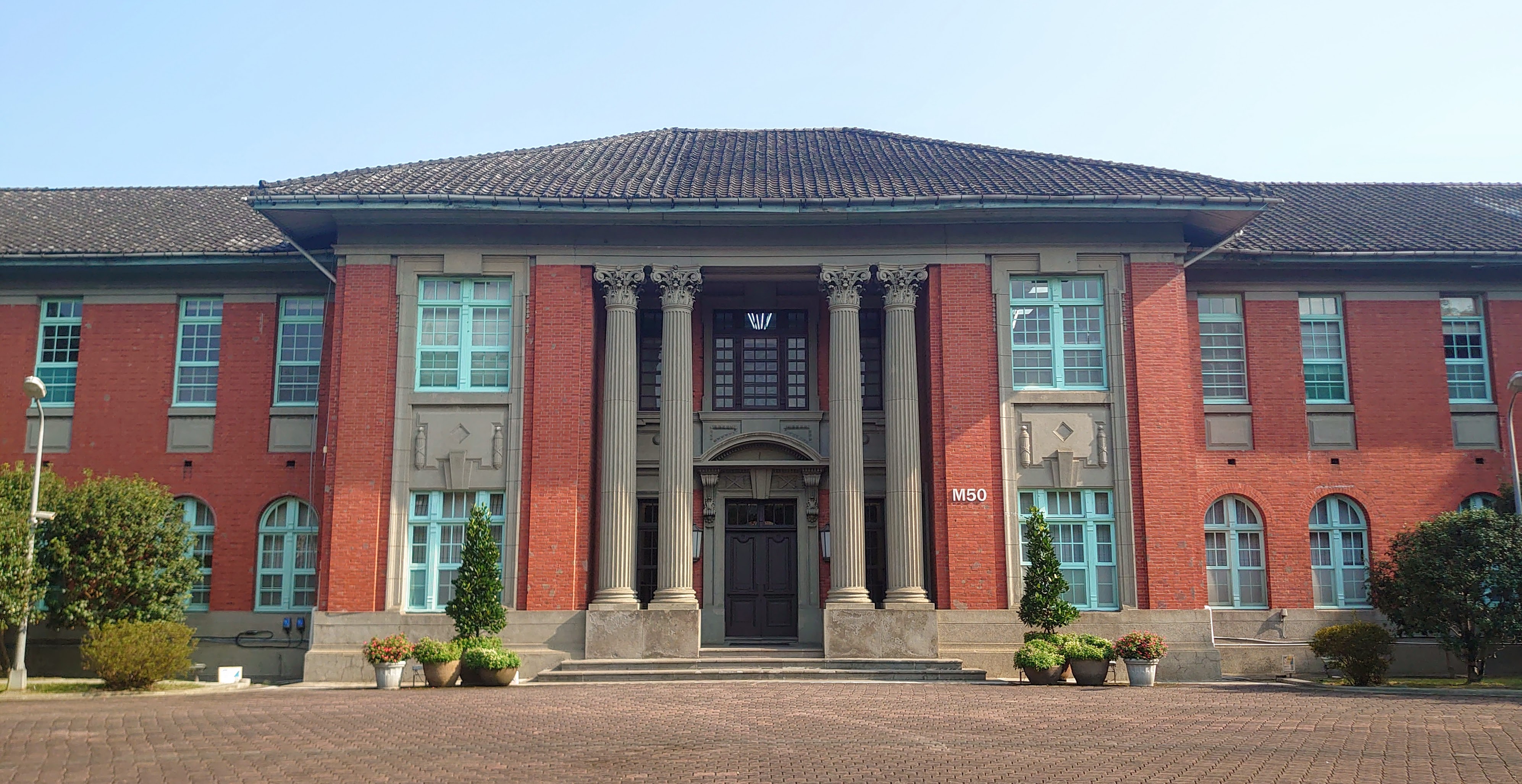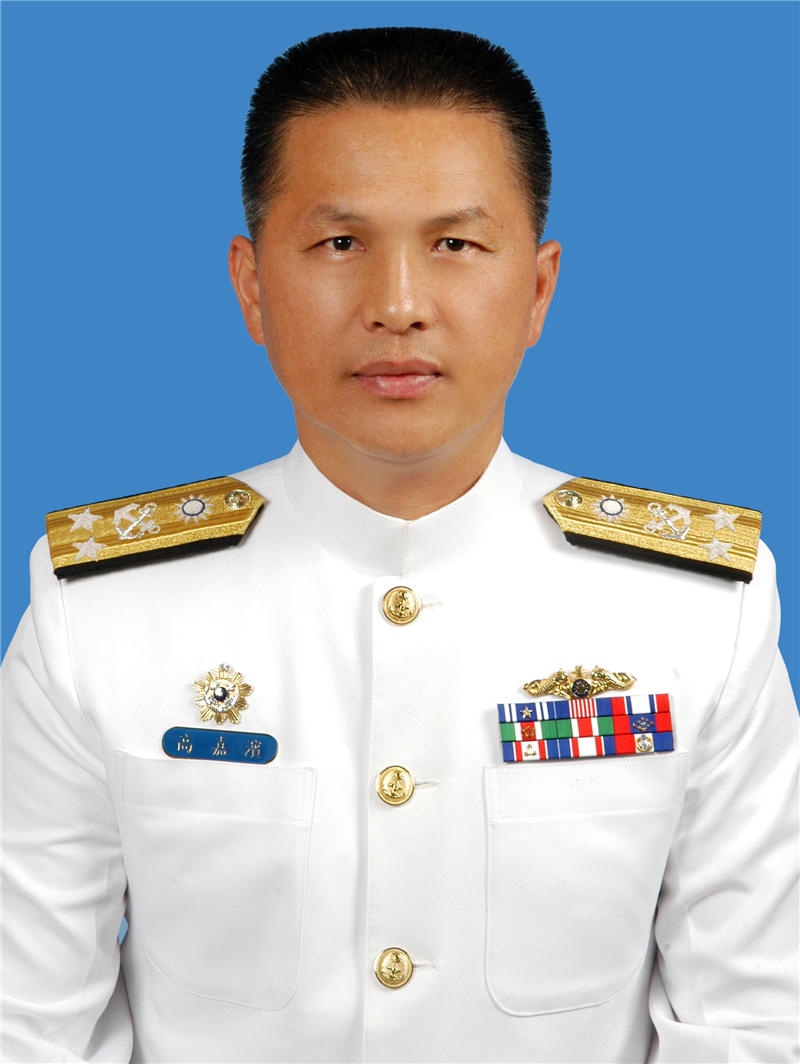|
Chang Shan-chwen
Chang Shan-chwen () is a Taiwanese medical researcher and academic administrator. He convenes the advisory specialist panel of the Central Epidemic Command Center (CECC), which is associated with the Centers for Disease Control (Taiwan), Centers for Disease Control in Taiwan. Chang Shan-chwen is vice president of National Taiwan University and professor of medicine in the university's medical college. __TOC__ Academic background Chang has previously held posts including chief of the Division of Infection, Immunology and Rheumatology within the Department of Internal Medicine at National Taiwan University Hospital; and dean of the National Taiwan University College of Medicine. COVID-19 pandemic in Taiwan Chang regularly attended press conferences to provide updates about the COVID-19 pandemic in Taiwan, coronavirus in Taiwan. He says that of the current confirmed cases in Taiwan, the symptoms are mainly fever, respiratory symptoms, and loss of olfactory taste. He noted that ... [...More Info...] [...Related Items...] OR: [Wikipedia] [Google] [Baidu] |
National Taiwan University
National Taiwan University (NTU; ) is a public research university in Taipei, Taiwan. The university was founded in 1928 during Japanese rule as the seventh of the Imperial Universities. It was named Taihoku Imperial University and served during the period of Japanese colonization. After World War II, the Nationalist Kuomintang (KMT) government assumed the administration of the university. The Ministry of Education reorganized and renamed the university to its current name on November 15, 1945, with its roots of liberal tradition from Peking University in Beijing by former NTU President Fu Ssu-nien. The university consists of 11 colleges, 56 departments, 133 graduate institutes, about 60 research centers, and a school of professional education and continuing studies. Notable alumni include Tsai Ing-Wen, current President of the Republic of China, former presidents Lee Teng-hui, Chen Shui-bian and Ma Ying-jeou, Turing Award laureate Andrew Yao, and Nobel Prize in Chemistry ... [...More Info...] [...Related Items...] OR: [Wikipedia] [Google] [Baidu] |
National Taiwan University Hospital
The National Taiwan University Hospital (NTUH; ) is a medical facility located in the Zhongzheng District of Taipei, Taiwan. It started operations under Japanese rule in Daitōtei (today's Dadaocheng) on 18 June 1895, and moved to its present location in 1898. The hospital was later annexed to the Medical School of Taihoku Imperial University in 1937. The present name was adopted in 1945 upon its affiliation with National Taiwan University. On 19 October 1991, a large new building complex on the so-called ''East Site'' was completed. The (new) ''East'' and (old) ''West Sites'' together have more than 4,000 employees, serving 2,000 inpatients and 8,000 outpatients daily. Advanced surgical, angiographical, and endoscopic procedures are routinely performed. Heart Transplant Division The NTUH Heart Transplant is a staple part of National Taiwan University Hospital. It has performed numerous successful heart transplants since the founding of the hospital in 1895. Despite its rel ... [...More Info...] [...Related Items...] OR: [Wikipedia] [Google] [Baidu] |
Central Epidemic Command Center
The Central Epidemic Command Center (CECC; ) is an agency of the (NHCC). It has been activated by the Government of the Republic of China, government of Taiwan for several disease outbreaks, such as the 2009 swine flu pandemic and the COVID-19 pandemic. The head of the agency is Chen Shih-chung, the minister of health and welfare. The CECC is associated with the Taiwan Centers for Disease Control (Taiwan CDC). A temporary command center was first established in 2003 during the SARS epidemic, which caused 71 deaths in Taiwan. Then, as a result of lessons learned from this epidemic, a permanent National Health Command Center was approved as a project on 16 August 2004; NHCC offices opened in the CDC building on 18 January 2005. The CECC is one of the command centers that are part of the NHCC. 2009 swine flu pandemic On 28 April 2009, the CECC held its first meeting hosted by the Minister of Health, Yeh Ching-chuan. Participating agencies included the Department of Health, the Mini ... [...More Info...] [...Related Items...] OR: [Wikipedia] [Google] [Baidu] |
Centers For Disease Control (Taiwan)
The Taiwan Centers for Disease Control (CDC; ) is the agency of the Ministry of Health and Welfare of Republic of China (Taiwan) that combats the threat of communicable diseases. Central Epidemic Command Center (CECC) The Central Epidemic Command Center, division of the , is activated by the government of Taiwan for several disease outbreaks, as the 2009 swine flu pandemic and the COVID-19 pandemic. The CECC has the authority to coordinate works across government departments and enlist additional personnel during an emergency. History The agency was established on 1 July 1999. Timeline of early warning for COVID-19 TCDC officials saw premonitions of the COVID-19 pandemic in December on social media. As well, medical staff freely transit the Taiwan Strait, so the TCDC was dimly aware that something was awry in December. On 31 December, Wuhan city government stamped paper that required doctors in the city to report all cases of a novel pneumonia to them. On 1 January, the ... [...More Info...] [...Related Items...] OR: [Wikipedia] [Google] [Baidu] |
COVID-19 Pandemic In Taiwan
The COVID-19 pandemic in Taiwan is part of the COVID-19 pandemic, worldwide pandemic of coronavirus disease 2019 () caused by severe acute respiratory syndrome coronavirus 2 (). As of 18 December 2022, 28,928,047 tests had been conducted in Taiwan, of which 8,578,053 are confirmed cases, including 14,890 deaths. The virus was confirmed to have spread to Taiwan on 21 January 2020, with the first case being a 50-year-old woman who had been teaching in Wuhan, China. The Taiwanese government integrated data from the Healthcare in Taiwan, national health care system, immigration, and customs authorities to aid in the identification and response to the virus. Government efforts are coordinated through the (NHCC) of the Taiwan Centers for Disease Control, established to aid in disaster management for epidemics following the 2002–2004 SARS outbreak, 2003 SARS outbreak. The ''Journal of the American Medical Association'' says Taiwan engaged in 124 discrete action items to prevent the s ... [...More Info...] [...Related Items...] OR: [Wikipedia] [Google] [Baidu] |
The World Health Organization
The World Health Organization (WHO) is a specialized agency of the United Nations responsible for international public health. The WHO Constitution states its main objective as "the attainment by all peoples of the highest possible level of health". Headquartered in Geneva, Switzerland, it has six regional offices and 150 field offices worldwide. The WHO was established on 7 April 1948. The first meeting of the World Health Assembly (WHA), the agency's governing body, took place on 24 July of that year. The WHO incorporated the assets, personnel, and duties of the League of Nations' Health Organization and the , including the International Classification of Diseases (ICD). Its work began in earnest in 1951 after a significant infusion of financial and technical resources. The WHO's mandate seeks and includes: working worldwide to promote health, keeping the world safe, and serve the vulnerable. It advocates that a billion more people should have: universal health care coverag ... [...More Info...] [...Related Items...] OR: [Wikipedia] [Google] [Baidu] |
Taiwanese Medical Researchers
Taiwanese may refer to: * Taiwanese language, another name for Taiwanese Hokkien * Something from or related to Taiwan (Formosa) * Taiwanese aborigines, the indigenous people of Taiwan * Han Taiwanese, the Han people of Taiwan * Taiwanese people, residents of Taiwan or people of Taiwanese descent * Taiwanese language (other) * Taiwanese culture * Taiwanese cuisine * Taiwanese identity Taiwanese people may be generally considered the people of Taiwan who share a common culture, ancestry and speak Taiwanese Mandarin, Hokkien, Hakka or indigenous Taiwanese languages as a mother tongue. Taiwanese people may also refer to the i ... See also * {{disambiguation Language and nationality disambiguation pages ... [...More Info...] [...Related Items...] OR: [Wikipedia] [Google] [Baidu] |
Living People
Related categories * :Year of birth missing (living people) / :Year of birth unknown * :Date of birth missing (living people) / :Date of birth unknown * :Place of birth missing (living people) / :Place of birth unknown * :Year of death missing / :Year of death unknown * :Date of death missing / :Date of death unknown * :Place of death missing / :Place of death unknown * :Missing middle or first names See also * :Dead people * :Template:L, which generates this category or death years, and birth year and sort keys. : {{DEFAULTSORT:Living people 21st-century people People by status ... [...More Info...] [...Related Items...] OR: [Wikipedia] [Google] [Baidu] |
Academic Staff Of The National Taiwan University
An academy (Attic Greek: Ἀκαδήμεια; Koine Greek Ἀκαδημία) is an institution of secondary or tertiary higher learning (and generally also research or honorary membership). The name traces back to Plato's school of philosophy, founded approximately 385 BC at Akademia, a sanctuary of Athena, the goddess of wisdom and skill, north of Athens, Greece. Etymology The word comes from the ''Academy'' in ancient Greece, which derives from the Athenian hero, ''Akademos''. Outside the city walls of Athens, the gymnasium was made famous by Plato as a center of learning. The sacred space, dedicated to the goddess of wisdom, Athena, had formerly been an olive grove, hence the expression "the groves of Academe". In these gardens, the philosopher Plato conversed with followers. Plato developed his sessions into a method of teaching philosophy and in 387 BC, established what is known today as the Old Academy. By extension, ''academia'' has come to mean the accumulation, de ... [...More Info...] [...Related Items...] OR: [Wikipedia] [Google] [Baidu] |
Taiwanese University And College Faculty Deans
Taiwanese may refer to: * Taiwanese language, another name for Taiwanese Hokkien * Something from or related to Taiwan (Formosa) * Taiwanese aborigines, the indigenous people of Taiwan * Han Taiwanese, the Han people of Taiwan * Taiwanese people, residents of Taiwan or people of Taiwanese descent * Taiwanese language (other) * Taiwanese culture * Taiwanese cuisine * Taiwanese identity Taiwanese people may be generally considered the people of Taiwan who share a common culture, ancestry and speak Taiwanese Mandarin, Hokkien, Hakka or indigenous Taiwanese languages as a mother tongue. Taiwanese people may also refer to the i ... See also * {{disambiguation Language and nationality disambiguation pages ... [...More Info...] [...Related Items...] OR: [Wikipedia] [Google] [Baidu] |



